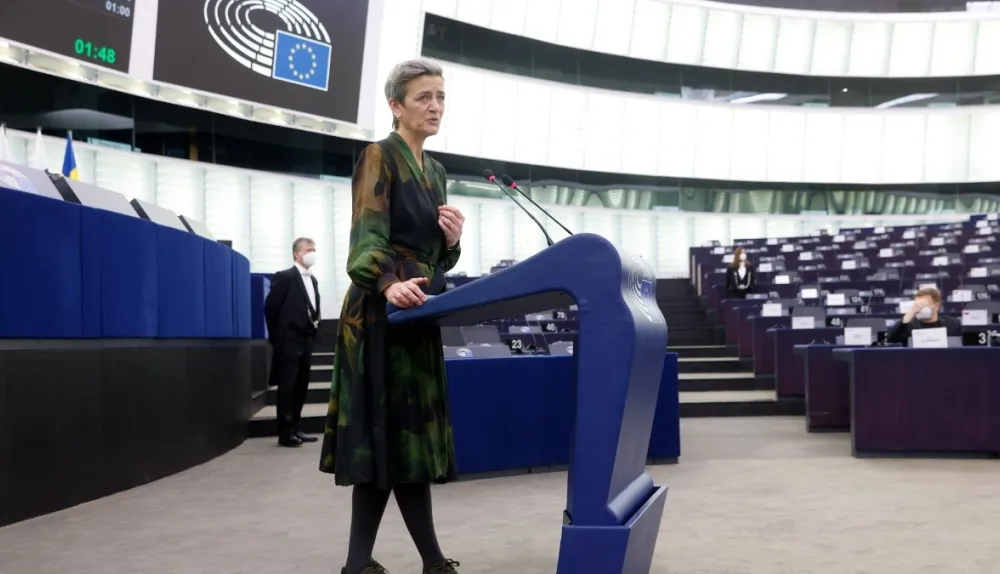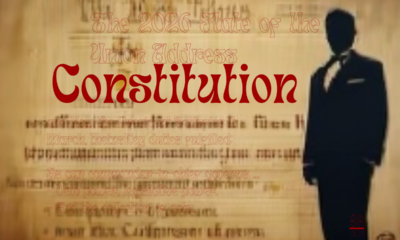Accountability
Big Tech faces major European Union law on hate speech, disinformation

The European Union (EU) is closing in on a new law that would force big tech companies to police themselves harder, make it easier for users to flag problems, and empower regulators to punish noncompliance with substantial fines.
EU officials negotiated into the late hours of Friday night over the final details of the Digital Services Act, which would overhaul the digital rulebook for 27 countries and cement Europe’s reputation as the global leader in reining in the power of social media companies and other digital platforms, such as Facebook, Google and Amazon.
An agreement has not yet been announced, though several EU officials tweeting about the proceedings expressed optimism that things were getting close.
The act would be the EU’s third significant law targeting the tech industry, a notable contrast with the U.S., where lobbyists representing Silicon Valley’s interests have largely succeeded in keeping federal lawmakers at bay.
The EU’s new rules, which are designed to protect internet users and their “fundamental rights online,” would make tech companies more accountable for content created by users and amplified by their platforms’ algorithms.
“The DSA is nothing short of a paradigm shift in tech regulation. It’s the first major attempt to set rules and standards for algorithmic systems in digital media markets,” said Ben Scott, a former tech policy advisor to Hillary Clinton.
Once agreed to in principle, the law would still need to be approved by the European Parliament and European Council, though that is not expected to be a major hurdle. It has not been decided when the law would go into effect.
Under the EU law, governments would be able to request companies take down a wide range of content that would be deemed illegal, including material that promotes terrorism, child sexual abuse, hate speech and commercial scams.
Social media platforms like Facebook and Twitter would have to give users tools to flag such content in an “easy and effective way” so that it can be swiftly removed. Online marketplaces like Amazon would have to do the same for products, such as counterfeit sneakers or unsafe toys.
Terry A. Hurlbut has been a student of politics, philosophy, and science for more than 35 years. He is a graduate of Yale College and has served as a physician-level laboratory administrator in a 250-bed community hospital. He also is a serious student of the Bible, is conversant in its two primary original languages, and has followed the creation-science movement closely since 1993.
-

 Civilization4 days ago
Civilization4 days agoA Better U.S. Strategy for Greenland Than Annexation
-

 Civilization19 hours ago
Civilization19 hours agoIran – the war begins
-

 Education4 days ago
Education4 days agoIgnoring the Science: The Curious Case of Cell Phone Bans
-

 Executive4 days ago
Executive4 days agoWaste of the Day: Utah University Trustees Don’t Know Their Job
-

 Civilization3 days ago
Civilization3 days agoTrump’s Longest Speech, His Shortest Margin for Error
-

 Civilization2 days ago
Civilization2 days agoState of the Union – a response
-

 Executive5 days ago
Executive5 days agoWaste of the Day: $8 Water Filter Costs the Government $156
-

 Executive2 days ago
Executive2 days agoWaste of the Day: Improper Payments Totaled $186 Billion in 2025


